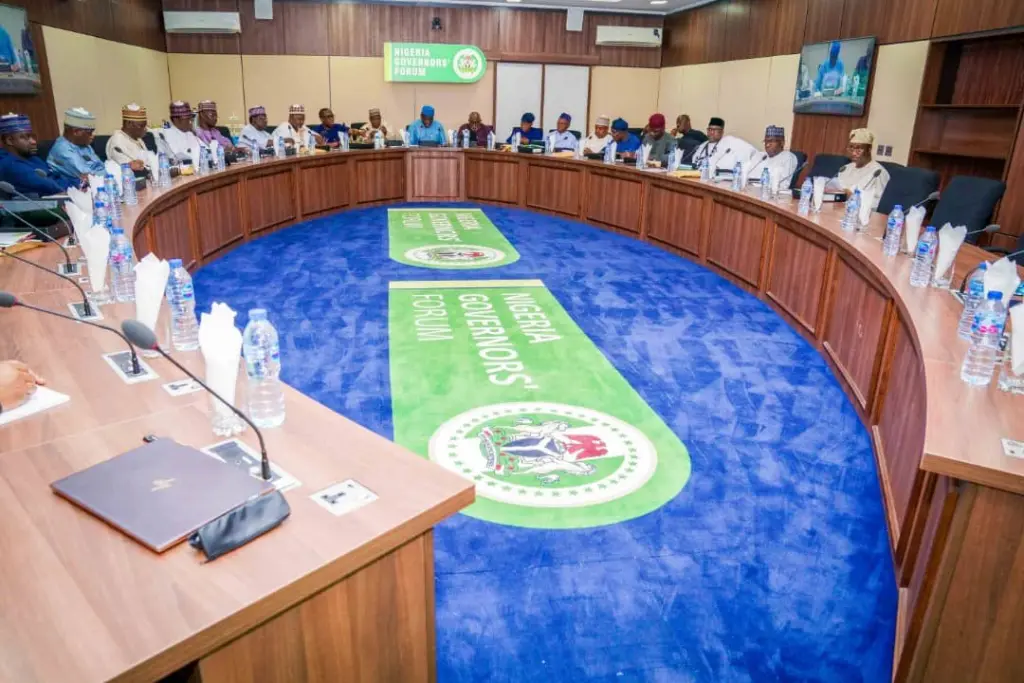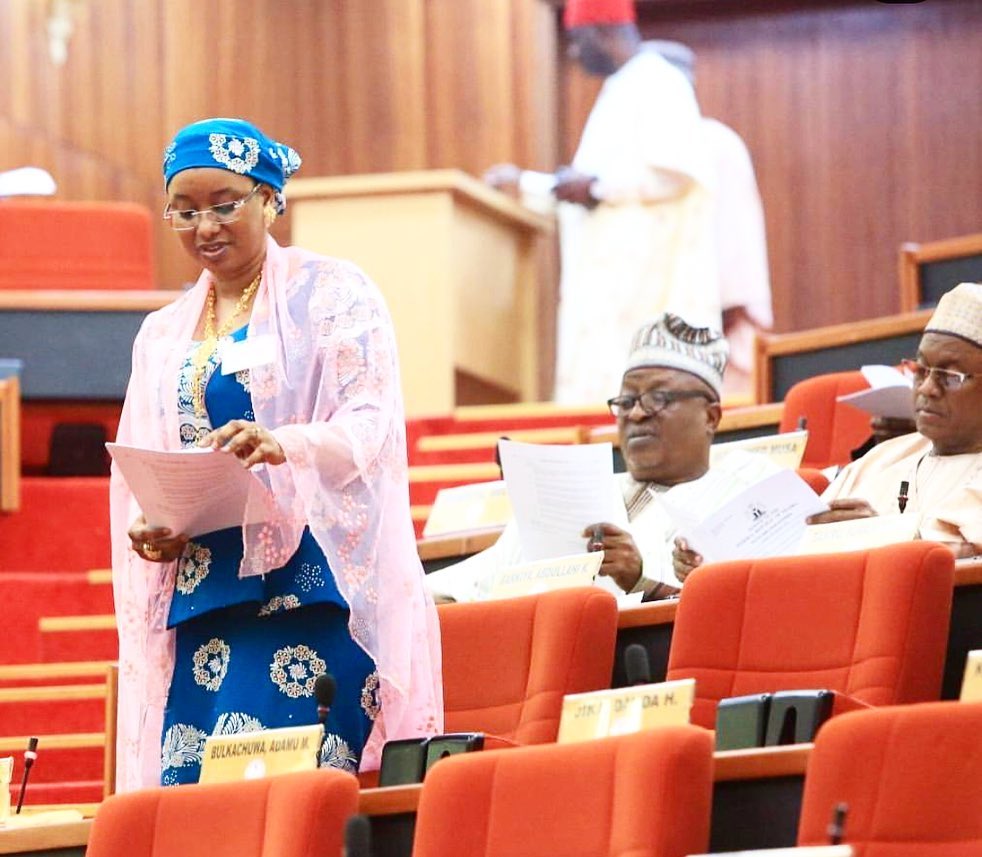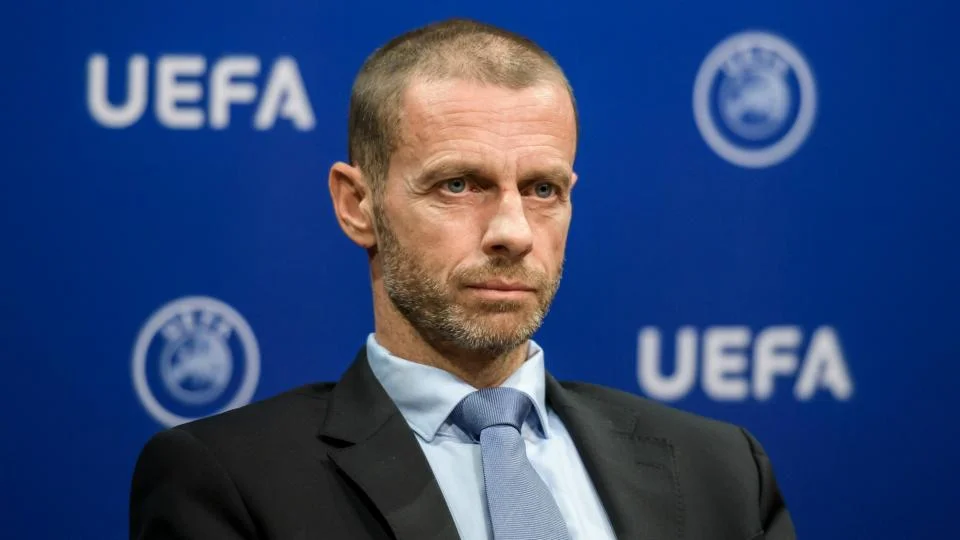
As Nigeria anticipates President Bola Tinubu’s executive bill on a new minimum wage, many states may need financial aid or workforce reductions to meet the proposed N62,000 minimum wage suggested by the Federal Government and Organised Private Sector (OPS).
Despite increased allocations following the removal of the fuel subsidy in May 2023, insiders say the increments are insufficient for states to sustain the proposed minimum wage. The OPS clarified that no agreement was reached in the recent Tripartite Committee meeting, only an alignment of interests.
Governor Nasir Idris of Kebbi State has distanced himself from governors hesitant about the N62,000 minimum wage, asserting his commitment to paying the agreed amount. Meanwhile, Senator Ahmed Wadada from Nasarawa West has urged President Tinubu to consider a minimum wage of at least N150,000.
Currently, about 20 states have not implemented any wage increases to alleviate the economic strain from fuel subsidy removal, despite President Tinubu’s appeal for states to emulate the federal government’s payment of an additional N35,000 on top of the existing N30,000 minimum wage.
Financial Constraints
Financial limitations are the main reason many governors are reluctant to adopt the new wage. Data shows that, despite a 20-25% increase in federal allocations to most states post-subsidy removal, the increments remain modest. The states received N2.188 trillion from January to June 2023 before the subsidy removal and N2.305 trillion from July to December 2023 after the removal—a mere 5% increase.
Lagos State saw a 28% increase in allocation, while states like Akwa Ibom, Delta, Bayelsa, and Rivers received less than they did before the subsidy was removed. Akwa Ibom, for example, saw a 33% decrease in allocation, receiving N185.6 billion before the subsidy removal and N125.3 billion after.
Affordability Concerns
A governor, speaking anonymously, emphasized that affordability is a crucial factor in wage negotiations. He explained that a national minimum wage affects not just the federal government but also states, local governments, and private sector employers. If forced to comply with an unrealistic minimum wage, states might have to exhaust their federal allocations, internally generated revenue, and even resort to borrowing, leaving little for other essential services like education, healthcare, and infrastructure.
Kebbi Governor’s Stand
Governor Nasir Idris of Kebbi State refuted claims that governors had collectively opposed the N62,000 minimum wage. He reaffirmed his commitment to paying the agreed amount, emphasizing his dedication to workers’ welfare as a former unionist.
OPS Position
The OPS clarified that the Tripartite Committee did not reach an agreement but rather aligned their interests. Wale-Smatt Oyerinde, Director-General of the Nigeria Employers’ Consultative Association (NECA), highlighted that the OPS advocated for the new minimum wage to apply to employers with 200 employees and above, to protect SMEs, which are crucial to the economy.
Senator Wadada’s Proposal
Senator Ahmed Wadada has proposed a minimum wage of at least N150,000, citing the current economic realities. He expressed his willingness, along with other lawmakers, to reduce their remunerations to ensure workers receive fair wages.
Wadada remains confident that President Tinubu’s administration will settle on a figure acceptable to workers, stressing the need for a wage higher than the government’s current offer.




